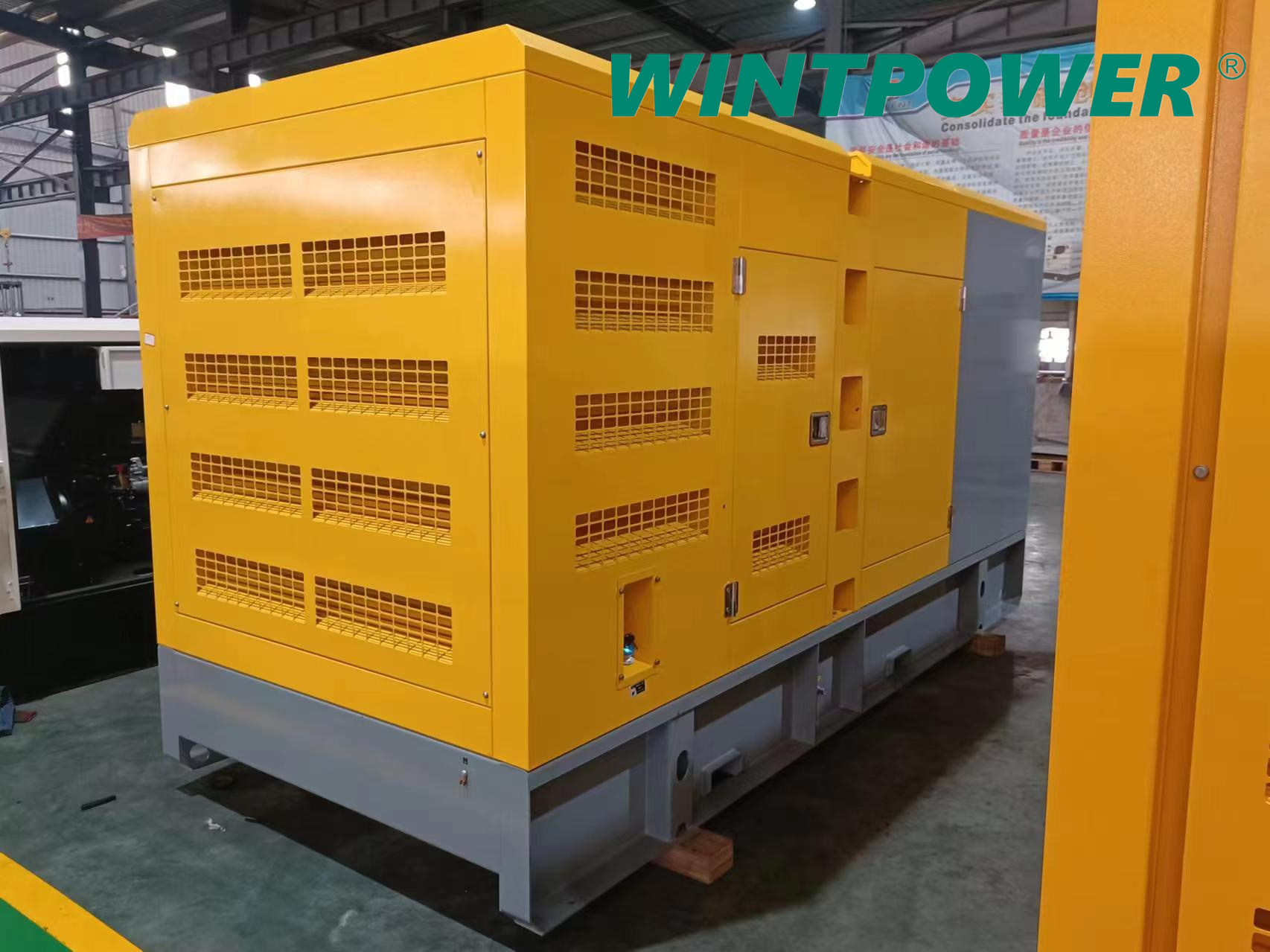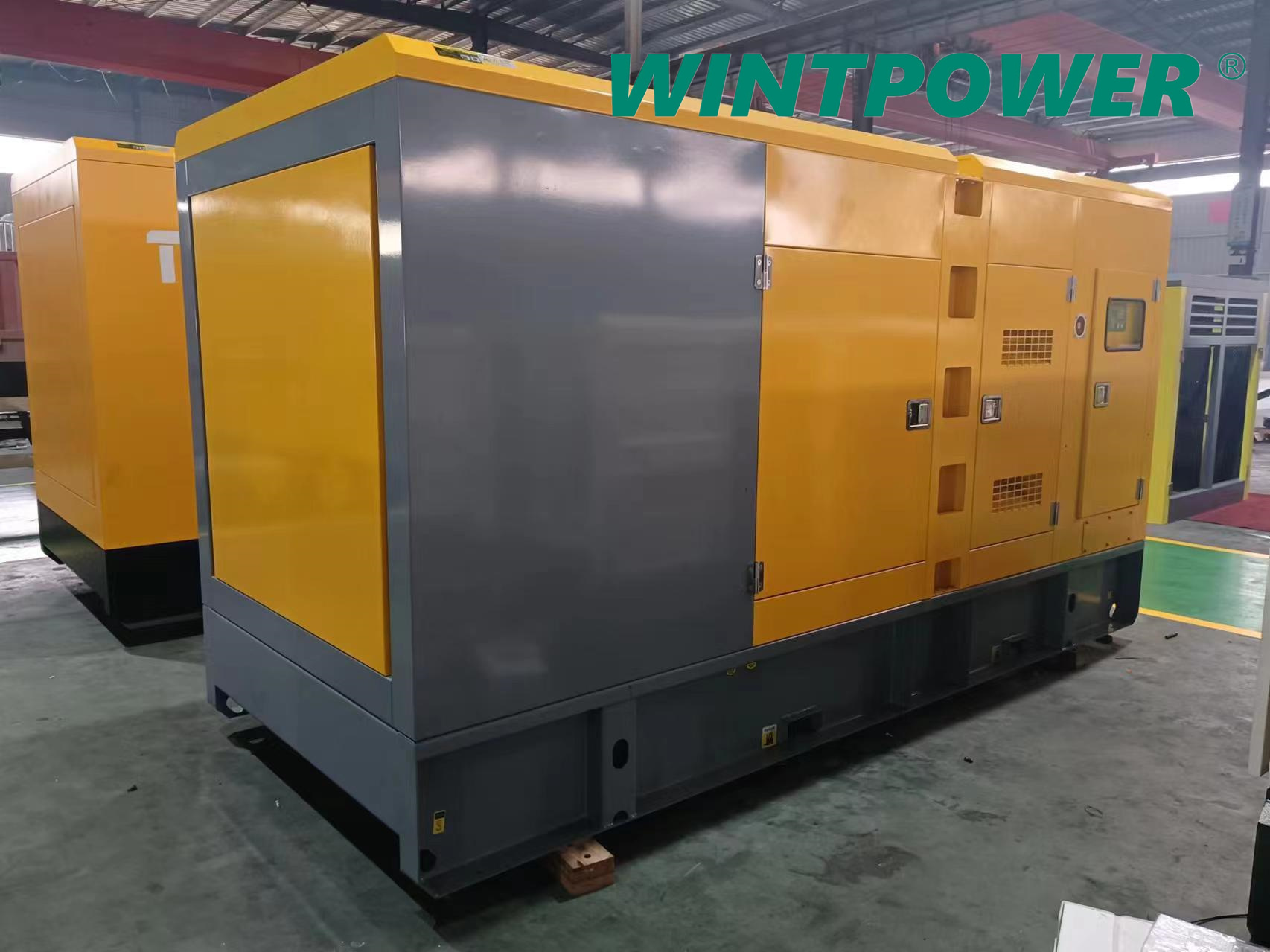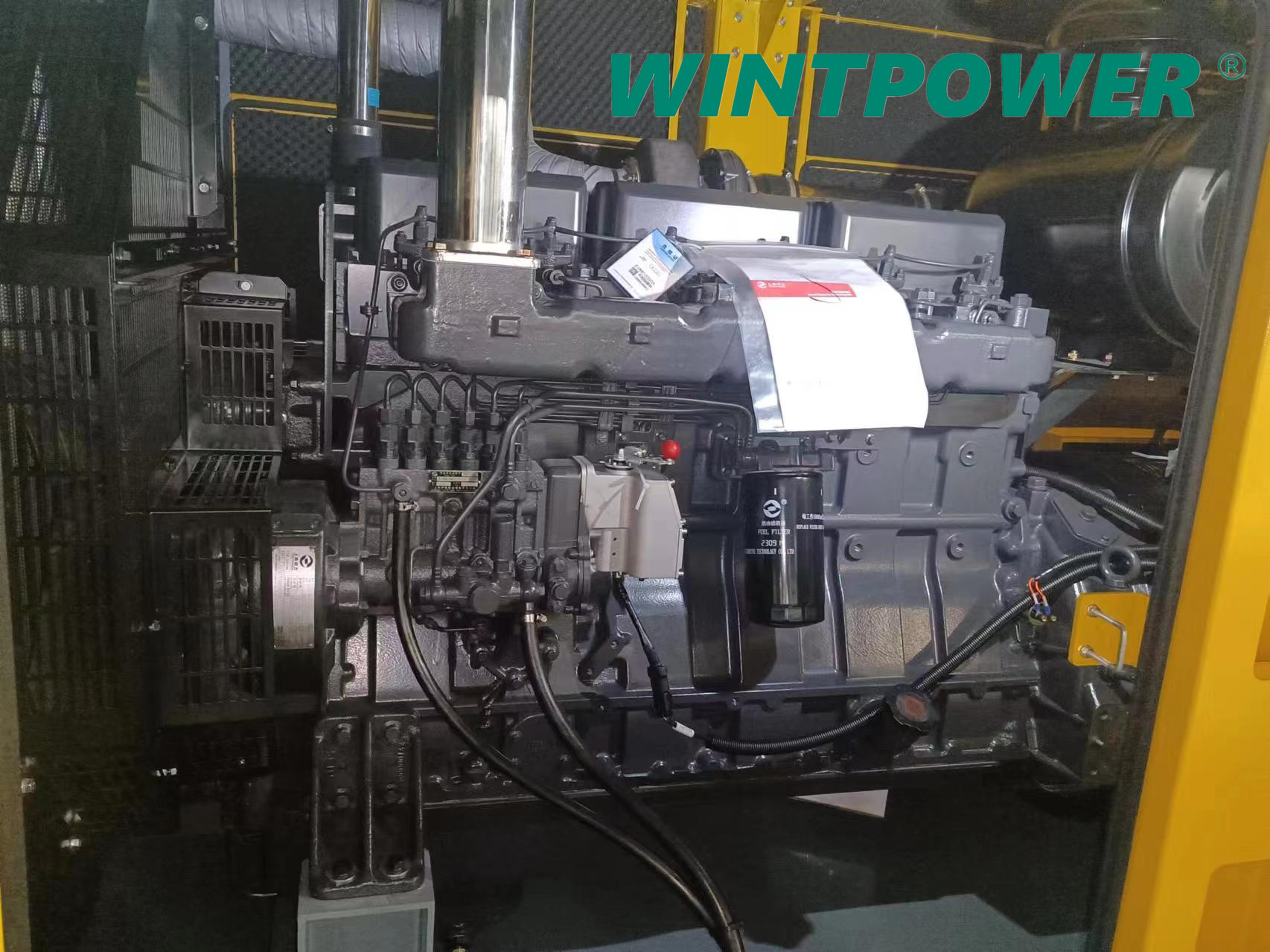As it is well known diesel generators are typically designed to operate most effectively at or near sea level under standard temperature and pressure (STP) conditions. Except for the generator, all other electrical appliances or equipment are also adjusted to achieve optimal operation. Any fluctuations under these conditions may cause the equipment to operate at a lower efficiency.
Environmental factors affecting generators
For generators, any fluctuations under STP conditions can damage them and lead to a decrease in rated output. In some extreme cases, the generator may come to a complete stop. For most applications, many of these factors are relatively minimal, unless the generator set is operating at an altitude of 5000 feet or above, or the ambient temperature is above 100 degrees Fahrenheit for a long period of time. Special attention should be paid to compensating for these types of extreme situations, which will be further discussed in the following text.
The ambient temperature conditions are crucial for the normal ignition and operation of the generator. All generators, regardless of fuel, require sufficient air to burn. A decrease in air levels may lead to startup failure. In diesel engines, air and fuel are mixed together. Compressed air becomes hot, and when it reaches its peak temperature and pressure, diesel fuel is injected and then ignited under given conditions. In a gasoline generator, the mixture of air and fuel is immediately introduced through the carburetor and sparks are generated to ignite the engine. However, in both cases, sufficient air is required to start and operate correctly.
Three environmental factors affecting generator function
1. Altitude
In high-altitude areas, a decrease in air pressure will reduce air density. If not considered, this may lead to generator start-up issues, as air is crucial for ignition of any type of generator. Another factor affected is the availability of ambient air to promote heat dissipation of the generator. The combustion process generates a large amount of heat, which needs to be lost to the environment to lower the engine temperature. In high-altitude areas, due to low air density, the dissipation rate of heat is much slower than at sea level, resulting in engine temperatures remaining high for a period of time. In this case, engine overheating is a common problem.
2. Temperature
High temperatures are also related to lower air density, and insufficient air supply may lead to similar ignition problems. This puts a burden on the engine to provide its own designed power. However, it cannot do so because there is not enough oxygen for combustion. In many such cases, the engine may overheat and sometimes completely stall.
3. Humidity
Humidity is a measurement of the moisture content in a certain volume of air. Under extremely humid conditions, water vapor in the air will replace oxygen. Low oxygen levels can affect ignition, as oxygen is an element in the air that ignites when fuel in the engine burns.
Post time: Jun-29-2024










